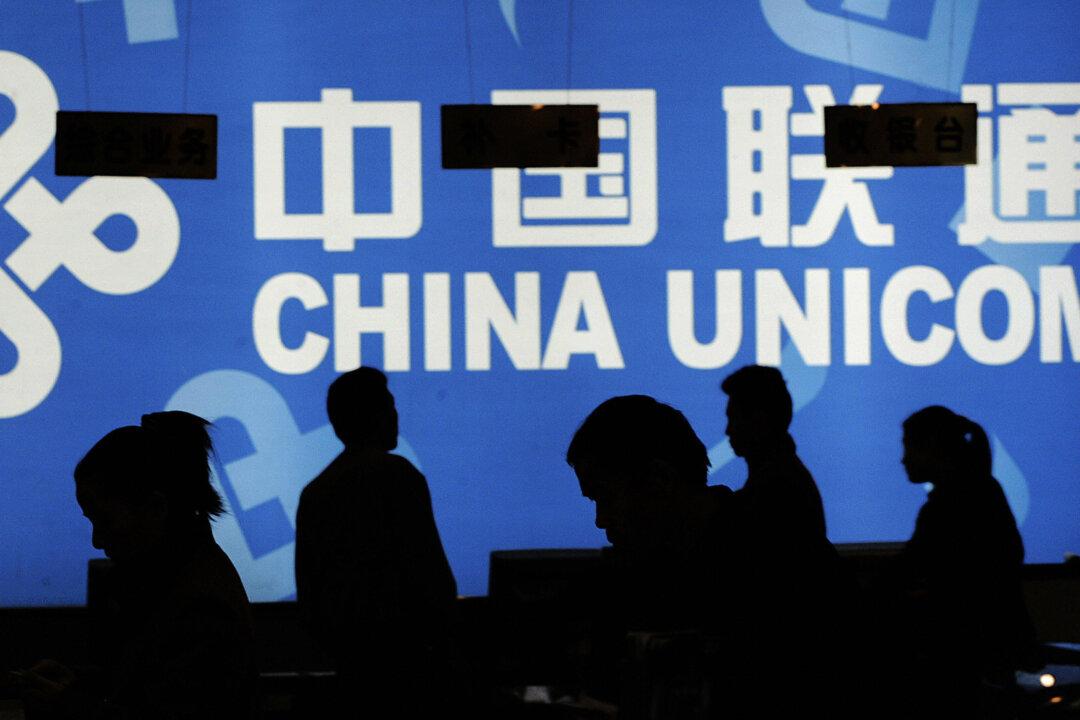Dozens of staff members at one of China’s largest telecommunications companies had been colluding with their friends and family to run side businesses, profiting off their roles at a state firm, according to the results of a recently completed investigation.
Communist Party investigators set up shop in China Unicom late last year, conducting a swathe of interviews and poring over the company’s books. The move is part of Party leader Xi Jinping’s campaign to gain control and assert discipline over wayward state behemoths that often act as kingdoms unto themselves.
Anti-corruption investigators recently released the results of their work at China Unicom, announcing numbers of those disciplined and enumerating their crimes (or simply “undesirable work styles,” including “formalism, bureaucratism, hedonism,” and “extravagance.”)
In most cases, staff members were simply “held accountable,” in the official parlance; only one person was prosecuted, while only nine were dismissed.
One of the key new measures was to eliminate the collusion between companies run by friends and family of China Unicom staff and the company itself. It appears that contracts were being awarded on familial, rather than meritocratic, considerations. A total of 63 staff members were told their families had to transfer their businesses, while 21 were ordered to shut down, 16 ordered to sell their shares, 8 told to resign, and 85 made to sign a contract terminating the relationship between the companies and China Unicom.
The investigation into China Unicom may also have had some high-level political considerations, according to the overseas Chinese political magazine Mingjing.





